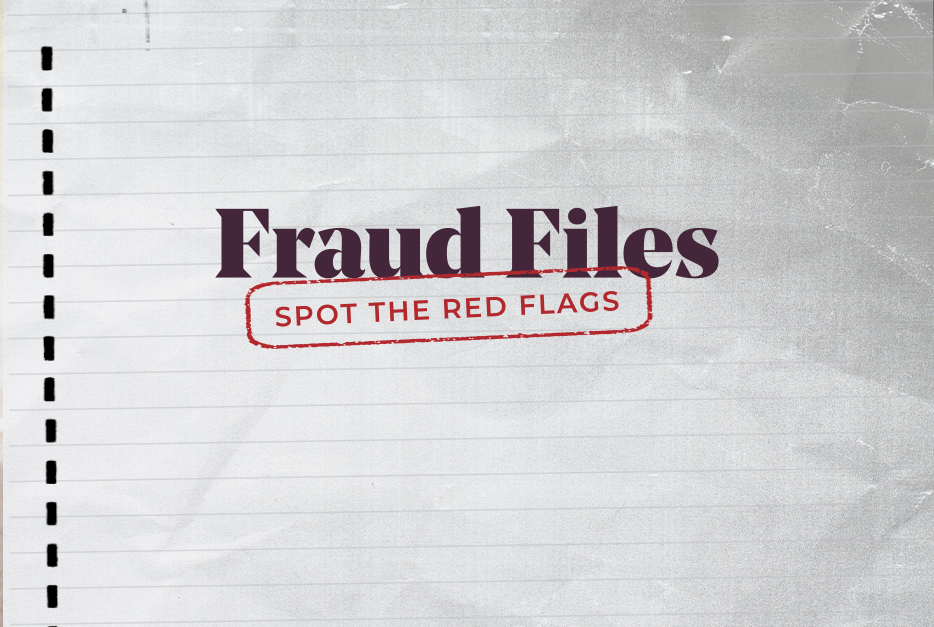Spot the warning signs of fraud before it's too late
No one ever wakes up in the morning and thinks to themselves, “Today I’m going to become a victim of fraud.” We assume we know the warning signs, understand the risks, and that we’ll recognize a scam when we see it. And yet every day, many of us do fall prey to fraudsters, because it’s easy to be caught off-guard and miss the signs. With that in mind, here are some simple ways you can protect yourself from fraud of all sorts:
1. Slow down
A common theme in many fraud attempts is the artificial urgency fraudsters employ to prevent you from thinking things through. Don’t listen to them. When presented with an enticing offer, stop and think about it. Give it time to percolate. Does it still seem wise?
2. Question everything
Who is this person who contacted you? Do you know them? Is their request unsolicited? Would you trust them to watch your wallet? Why did they approach you? What are the risks? Consider searching the Government of Canada's online resource, the "Canadian Anti-Fraud Centre" for information on current scams. Or, conduct a quick online search with the organization or individual's name - often times people will already have reported the suspicious activity and a record can easily be found.
3. Get a second opinion
If you’re being asked to do something (wiring someone money, for example) and you feel uneasy about it, bounce the idea off of someone else. Contact a trusted friend, a colleague, or someone at the credit union and run the proposal past them. Do they think it’s a good idea, too?
4. There's no such thing as a free lunch
Many scams play on the appeal of quick, easy money. It’s easy to get blinded by the dollar signs. Don’t let that distract you from making a reasonable, informed, and cautious decision. Listen to your gut. If something sounds too good to be true, it probably is.
Learn more about protecting yourself by visiting our fraud prevention centre:



